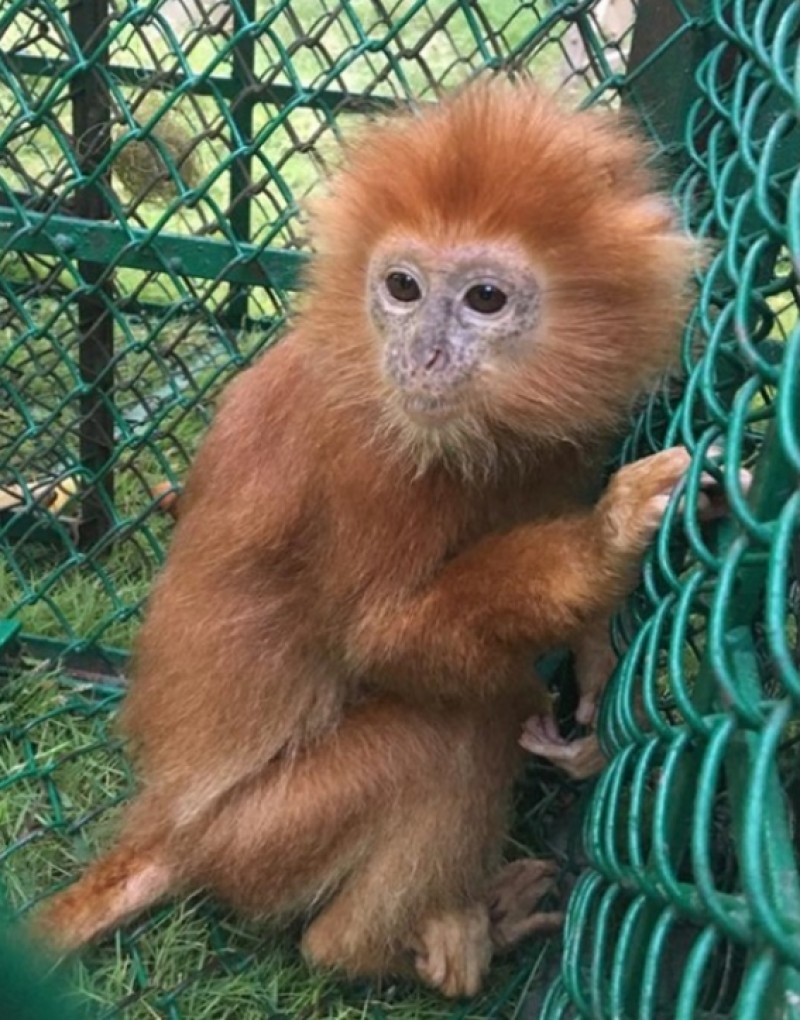Operation Thunderball took place from June 4 to June 30 and covered 109 countries, enabling authorities to rescue 23 live primates, 30 “large cats,” 10,000 turtles and tortoises, more than 9,000 marine species, and thousands of birds and reptiles.
Authorities also seized 74 truckloads of timber, more than 2,000 plants, and 545 kg of ivory, amongst other valuables.
“Wildlife crime not only strips our environment of its resources, it also has an impact through the associated violence, money laundering and fraud,” Jürgen Stock, Secretary General of Interpol, said.
The operation led to the arrest of 582 suspects in countries as disparate as Uruguay and Spain. More arrests are expected as global investigations progress.
Organized by Interpol and the World Customs Organization (WCO), the operation coordinated its efforts with customs and police officials to identify trafficking routes, crime hotspots, and shipments carrying illicit cargo.
The press release also notes that perceived declines in the seizure of certain species indicate that efforts such as Operation Thunderball are successful in ensuring compliance with global standards.
“For the sake of our future generations and the world we live in, it is vital that we stop criminals from putting livelihoods, security, economies and the sustainability of our planet at risk by illegally exploiting wild flora and fauna,” Ivonne Higuero, Secretary General of the Convention on International Trade in Endangered Species of Wild Fauna and Flora, said in a press release.
Operation Thunderball is the third in a series of similar environmental operations, following Operation Thunderbird in 2017 and Operation Thunderstorm in 2018.






